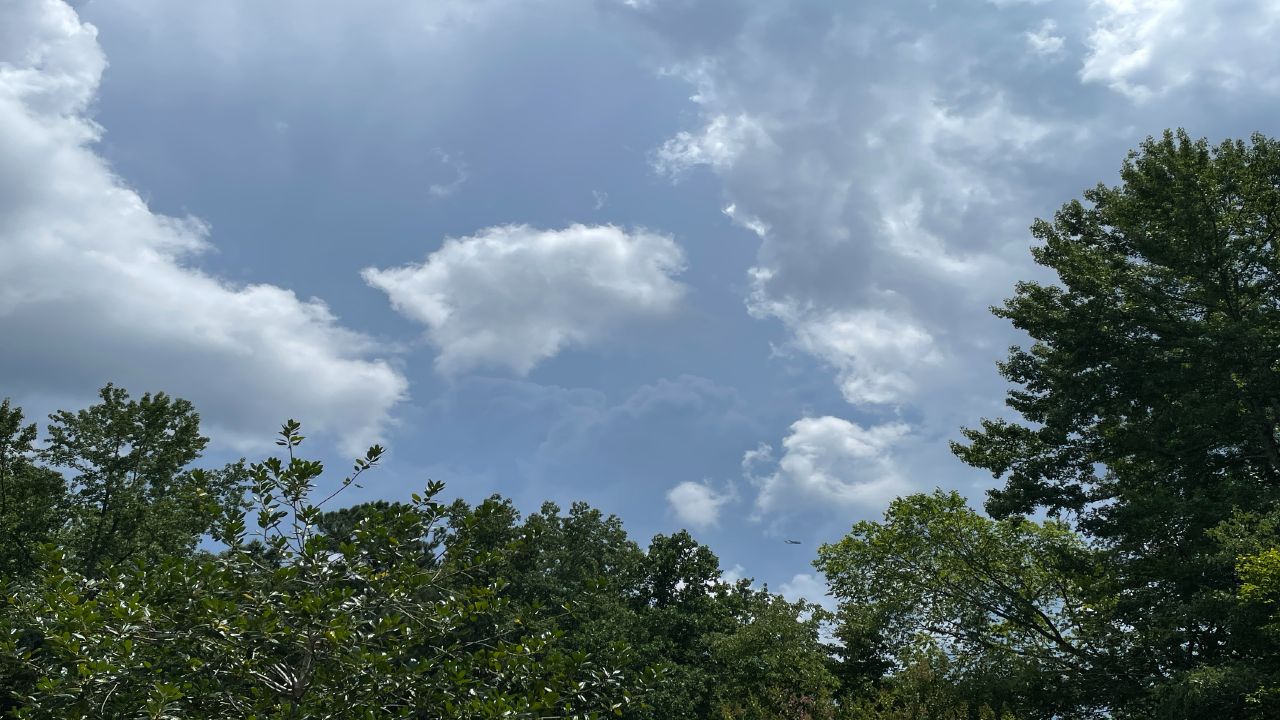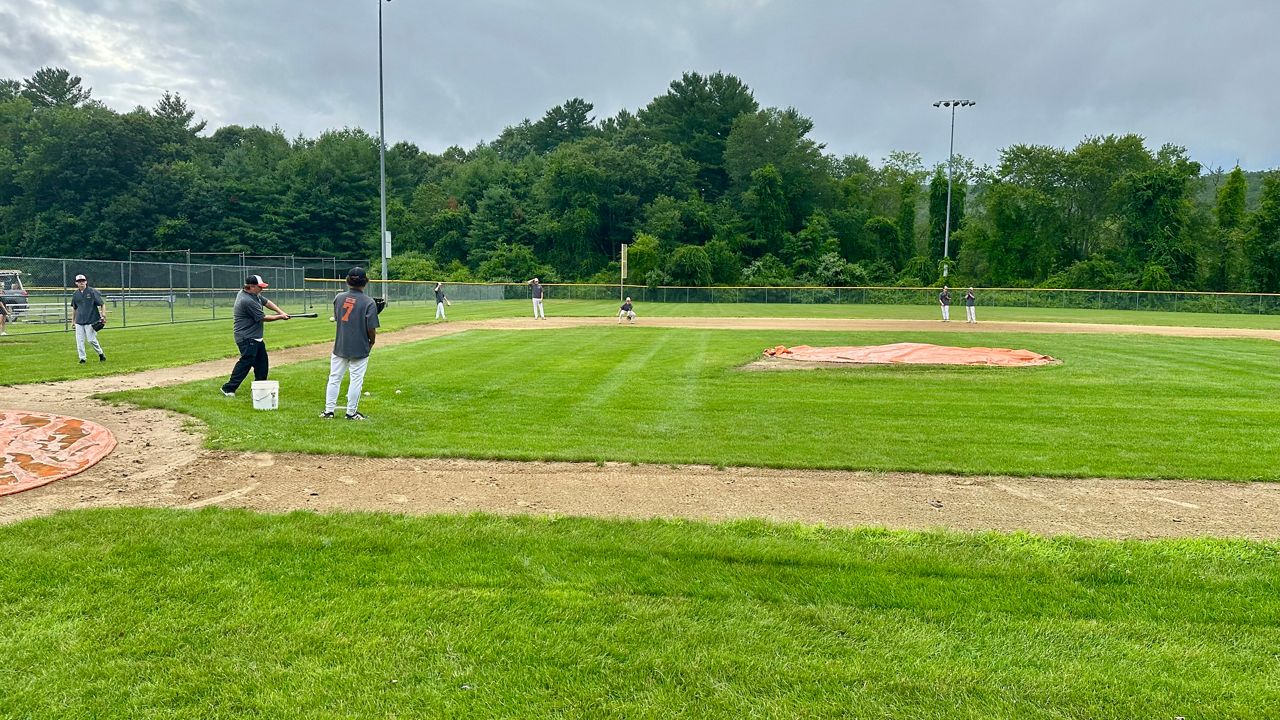WORCESTER, Mass. - Spectrum News continue to follow the developing situation in Middle East as strikes between Israel and Iran continue. A spokesperson for Iran's foreign ministry also issued a new warning, saying American intervention in the conflict would be a recipe for all-out war.
Dr. Douglas Little specializes in American diplomatic history at Clark University. He’s been researching the Middle East for decades and his advice to people right now is to continue to pay attention to what’s going on across the world.
As President Donald Trump considers the U.S.’ involvement in the Israel/Iran conflict, Little said the world is on edge.
“It's a little bit hair raising, isn't it? I mean, I was just reading this morning, President Trump's comments, 'I may do it. I may not do it. Nobody knows what I'm going to do.' And when a leader of a superpower uses that kind of language, it puts everybody on edge," Little said. "What he's going to do? Will he, will the US intervene militarily in this conflict between Iran and Israel?”
Little said there’s been concerns over Iran acquiring nuclear weapons for about 25 years. The Joint Comprehensive Plan of Action, agreed upon under the Obama Administration and then canceled during Trump’s first term, led to more tension.
“It's noteworthy that the Israelis have been saying the Iranians, within weeks of getting an atomic bomb or getting enough enriched uranium to build a bomb for about 20 years," Little said. "So, it's been in the next few weeks for 20 years.”
As attacks continue between Israel and Iran, Little calls the two countries independent actors and Israeli Prime Minister Benjamin Netanyahu is going to do what he wants.
“I think the U.S. should just sit back," Little said, "try as much as possible to encourage negotiations between Israel and Iran and see if we can't wait this out without the U.S. getting directly involved.”
Regarding the Middle East, Little said he thinks about a World War I quote from Leon Trotsky when people ask why they should follow what’s going on.
“He was heard to say, 'You may not be interested in war, but war is interested in you.' And I think what Americans need to appreciate is we may not be interested in the Middle East," Little said. "We may have felt that's oh so 2010 or that's oh so 1999 or whatever, but the Middle East continues to be an issue, not just because of all the oil that's there, but because of these clashing, ethnic religious conflicts that could easily draw the U.S. in.”
Regarding advice, Little urges people to pay attention and stay in touch with their representatives in congress in the event congress is asked about authorizing a declaration of war.











